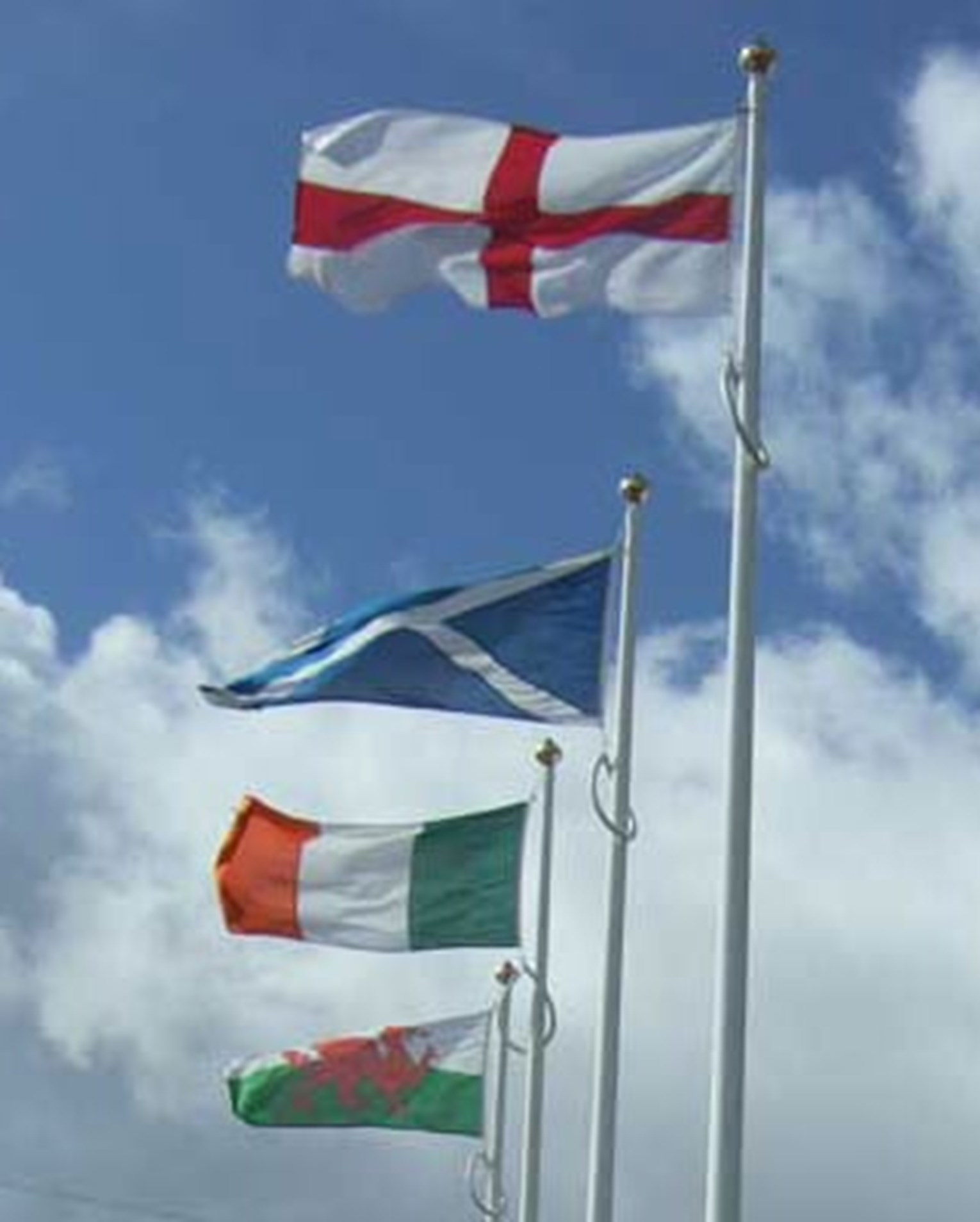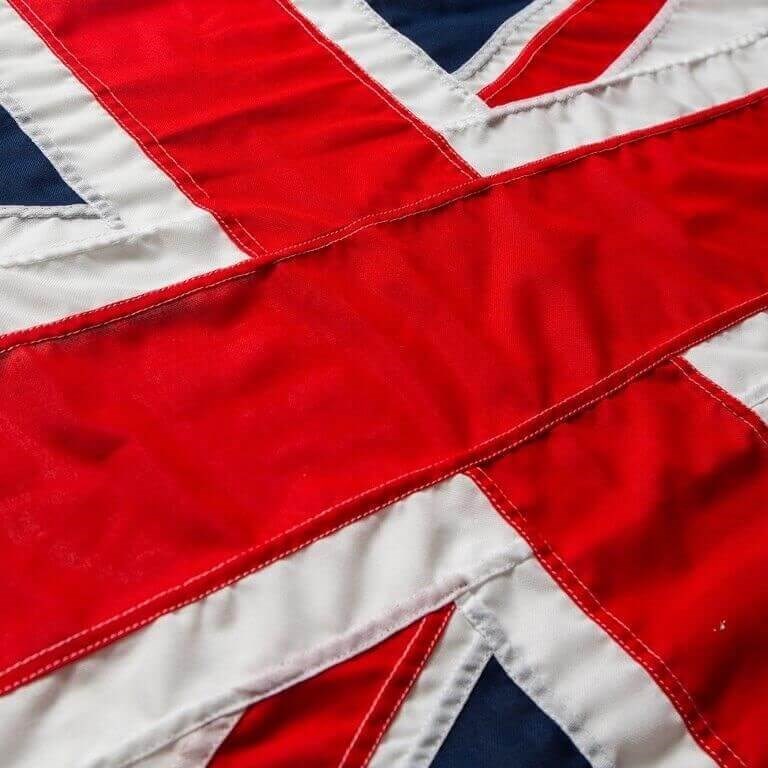As the year draws to a close our attention is drawn to the Scottish Referendum on 18th September 2014. If a "yes" vote is indicated at the polls then it is possible that there would be calls for a change to the union flag to remove Scotland's presence. One question that could be asked however is why Scotland has never really embraced the union flag as theirs in the same way in which England has done.
Nick Groom is one of the foremost experts on the Union Flag and has written numerous papers and books on the subject. His insight into the history of our iconic emblem is second to none and his options as to why are covered in an article he did for the University College Dublin in 2010. Personally, we think this is fascinating!
The Union Flag is one of the most recognisable symbols of the UK. But while in other countries, such as France and the United States, the national flag is regarded as a source of pride, in recent years the Union Flag has all too often become the preserve of political extremists, a symbol of discord rather than harmony. On 7 July 2004, for example, Gordon Brown concluded the annual British Council lecture by promoting the flag:
“I believe [he said] that we should respond to the undermining of an inclusive citizenship by the British National Party by not only fighting their racism but by asserting at every opportunity that the union flag does not belong to a vicious minority, but is a flag for all Britain – symbolising inclusion, tolerance and unity; and that England, Scotland and Wales – whose celebration of national identity is to be welcomed and encouraged – should also honour not just their own flags but the union flag for the shared values it symbolises.”
Christine Grahame, a Nationalist MSP said ‘We don’t support it and neither do the vast majority of parents, teachers and children in Scotland. Gordon Brown is back peddling. One minute he [is] getting us to swear oaths of allegiance to Great Britain, and the next he’s saying we can fly the Saltire.’ Nick Bloom states that “To many the notion of dual nationalities, such as being both British and Scottish, was anathema. Under Brown, then, Britishness was not a cohesive identity, it was an identity in conflict – conflicts that focused on apparently irreconcilable differences between the four nations rather than on, say Black or Asian Britishness.”
He further comments that “The flag should at least be a reminder that Britain is a union between England, Scotland, Wales, and Northern Ireland, and .... it can be read both as a symbolic map and as the history of the union.” However, Paul Laity disagrees and wrote in The New Statesman that ‘No attempt to refresh the Union Jack will get rid of its stale odour of aristocracy and empire.” To some, however, it is even more straightforward than this. Nick Bloom found one news blog entry from a Scotsman who believes that the Union Flag is tainted by English associations:
“It was you lot on mass [he writes, sic] that went blindly flying only the Union Flag at England football matches, England cricket games, Ibiza sunbeds and anything else to do with England. That is a fact. No one said to do that! You declared then and there the whole of Britain = England. That’s why the rest won’t touch that flag.”

Regardless of how the referendum vote goes, with views like this, it may be some time before the Union Flag is again seen as a symbol of unity, at least within these shores. ACKNOWLEDGEMENTS The whole of this article is taken from a paper written by Nick Groom entitled “Alright, Jack? Conflict and Cohesion in Britain, 2005-10” for the University College Dublin. A full transcript of such can be downloaded by clicking here.
In this paper, as the author of The Union Jack: The Story of the British Flag (2006) Nick brings that story up to the present day by surveying the past five years of 'Union Jackery', from Gordon Brown's initial enthusiasm for new definitions of Britishness through ongoing redefinitions of the iconic image of the flag to the almost complete absence of issues of national identity in the debates preceding the 2010 UK General Election.
Nick Groom is a professor in English at the University of Exeter (Cornwall Campus) and Director of the Exeter Centre for Literatures of Identity, Place, and Sustainability (ECLIPSE). He has written widely on national identity and is the author of The Union Jack: The Story of the British Flag (Atlantic, 2006).
Nick Groom's study of the union, The Union Jack: The Story of the British Flag, was first published in 2006 http://www.amazon.co.uk/The-Union-Jack-Biography/dp/1843543362
A subsequent 2012 updated Kindle version can be found here: http://www.amazon.co.uk/Union-Jack-Story-British-Flag-ebook/dp/B00838AQNC





